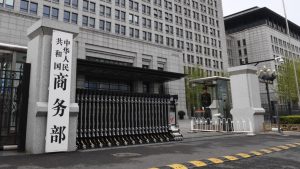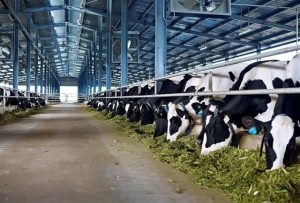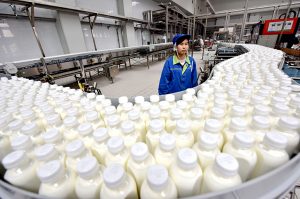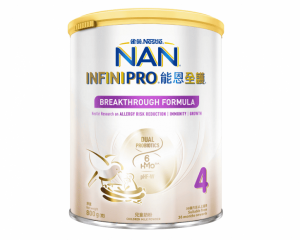
“I personally have seen the changes over the past few years,” said Stefan in a written interview, “The changes taking place in China on a policy level and also in the real economy are giving companies like Nestle many opportunities.”
Stefan recalled that Nestle was one of the first multinational companies to grasp the opportunities of China’s reform and opening-up, with the construction of a milk district and a dairy factory in the 1980s in China.
Over the years, the Chinese government has implemented policies such as increasing imports and encouraging consumption, while boosting cross border e-commerce and free trade zones in cities like Shanghai and other ports in China, said Stefan.
Citing the second China International Import Expo (CIIE) held in Shanghai in November, he estimated that the CIIE would bring more vitality to economic development through convenient and complete services.
As China has entered a new era with consumption needs “going more diversified and personalized”, “the CIIE opens a window for high-quality products from all over the world to come in and meet this demand”, he added.
He also lauded a foreign investment law, approved in March this year by China’s national legislature, as “an important measure of China to further implement its opening-up strategy”.
With unified provisions for the entry, promotion, protection and management of foreign investment, the law aims to improve the transparency of foreign investment policies and ensure domestic and foreign enterprises are subject to a unified set of rules and compete on a level playing field.
Stefan said the new foreign investment law makes it easier for foreign investors to understand China’s foreign investment access system and requirements.
Affirming that “the Chinese government has made great efforts to facilitate and help foreign investors”, he reiterated that China’s newly-established foreign investment law, which is about to take effect on Jan. 1, 2020, “marks a big step forward in facilitating investment.”
Data from China’s Ministry of Commerce showed on Monday that foreign direct investment (FDI) into the Chinese mainland expanded 6.6 percent year on year to 752.41 billion yuan in the first 10 months of the year.
In U.S. dollar terms, the FDI inflow stood at 110.78 billion dollars during the period, up 2.9 percent year on year. The FDI inflow in October reached 69.2 billion yuan, up 7.4 percent year on year.
Reiterating “the confidence and the determination” of its company “to not only stay in China but grow here too”, Stefan concluded that “the future for companies is tremendous” thanks to the attractiveness of China to investors.























